26+ Community Service Form
-
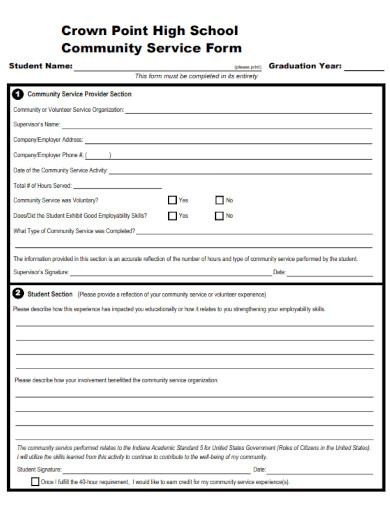
School Community Service Form
download now -

Sample Community Service Form
download now -
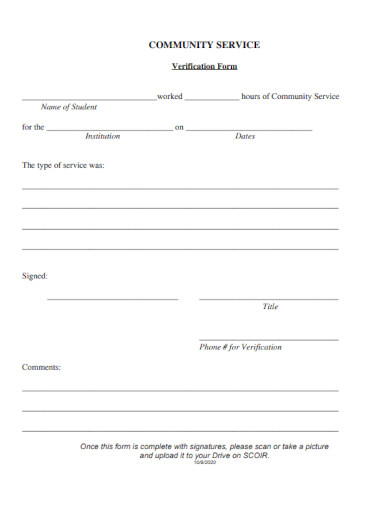
Community Service Verification Form
download now -
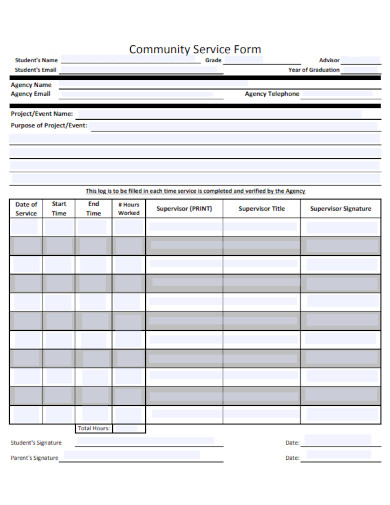
Printable Community Service Form
download now -
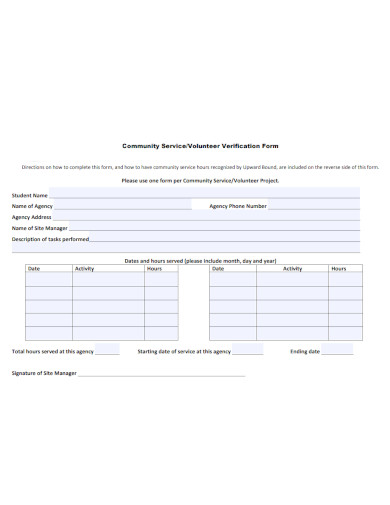
Community Service Volunteer Verification Form
download now -
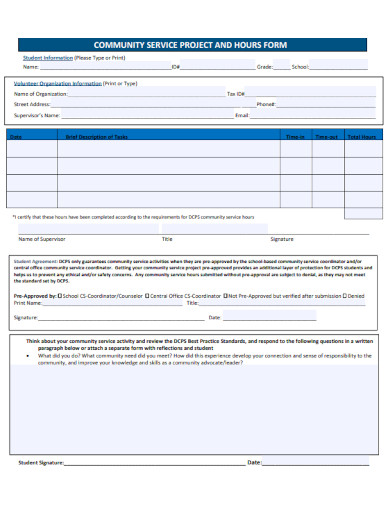
Community Service Project and Hours Form
download now -
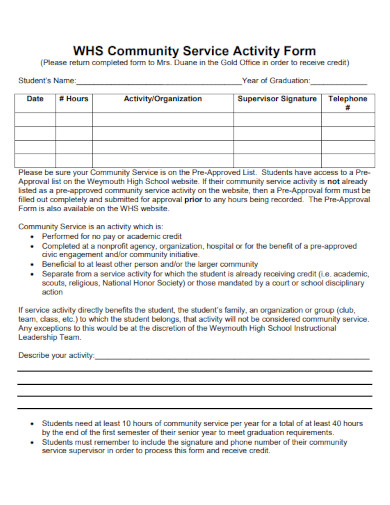
Community Service Activity Form
download now -
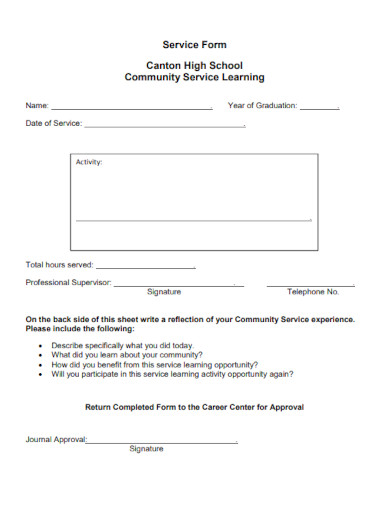
Community Service Learning Form
download now -
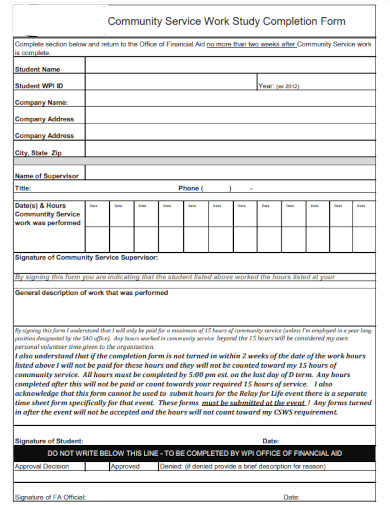
Community Service Work Completion Form
download now -
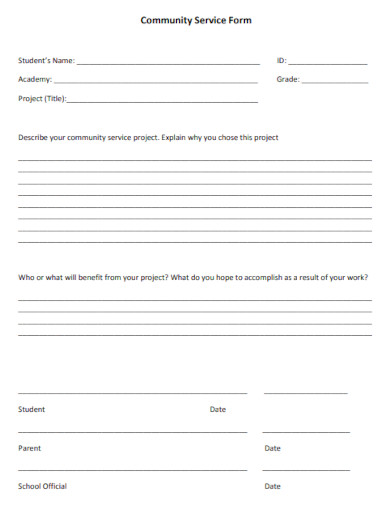
Professional Community Service Form
download now -
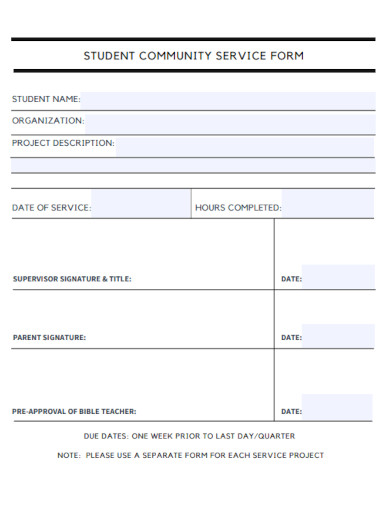
Student Community Service Form
download now -
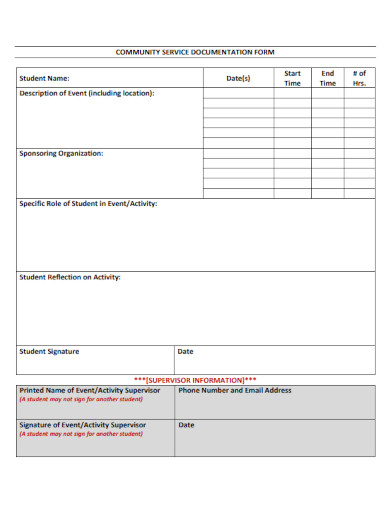
Community Service Documentation Form
download now -

Editable Community Service Form
download now -
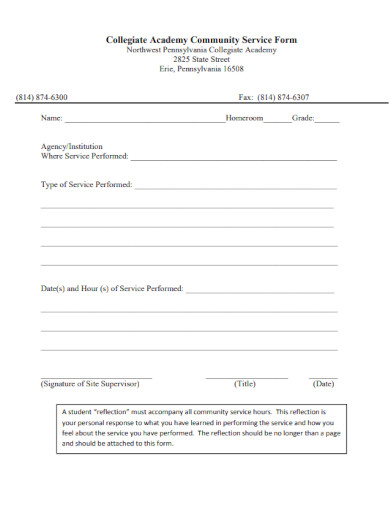
Academy Community Service Form
download now -
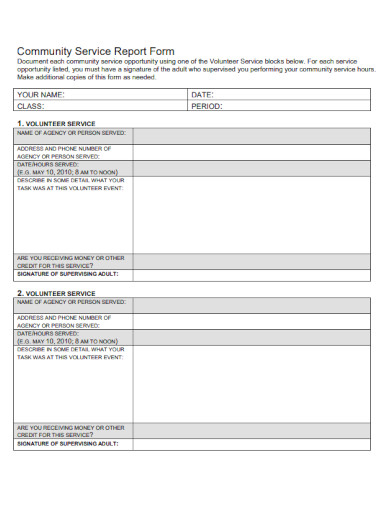
Community Service Report Form
download now -
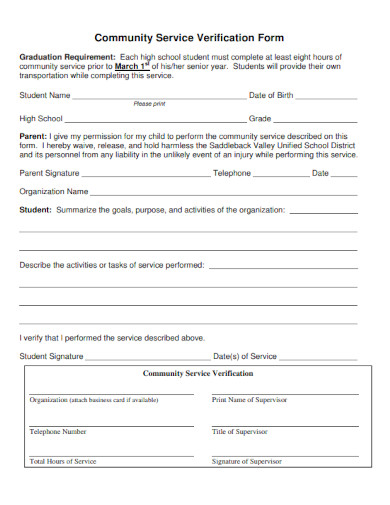
https://images.sample.net/wp-content/uploads/2022/08/Community-Service-Verification-Form-Example.zip
download now -
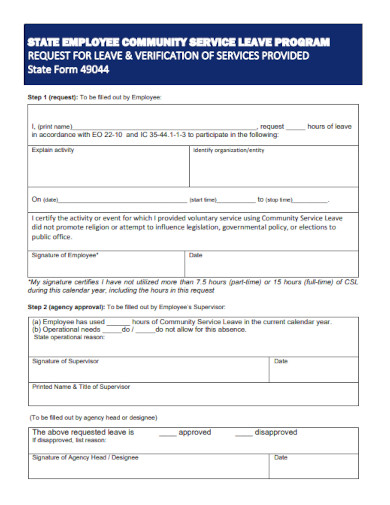
Employee Community Service Form
download now -

Community Service Project Proposal Form
download now -
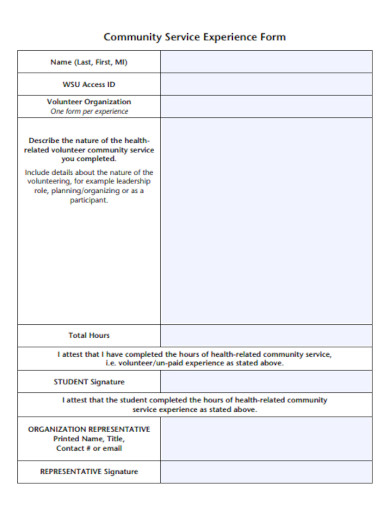
Community Service Experience Form
download now -
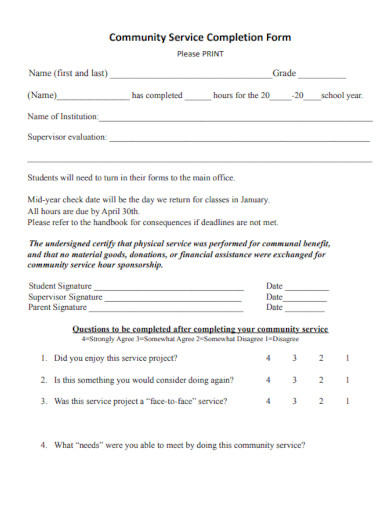
Community Service Completion Form
download now -
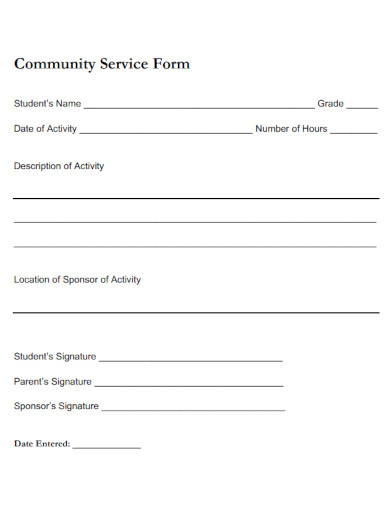
Community Service Basic Form
download now -

Middle School Community Service Form
download now -
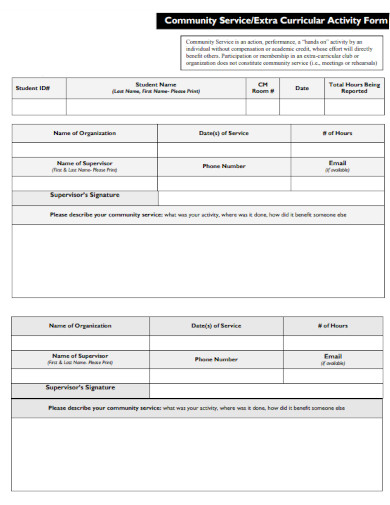
Community Service Extra Curricular Activity Form
download now -
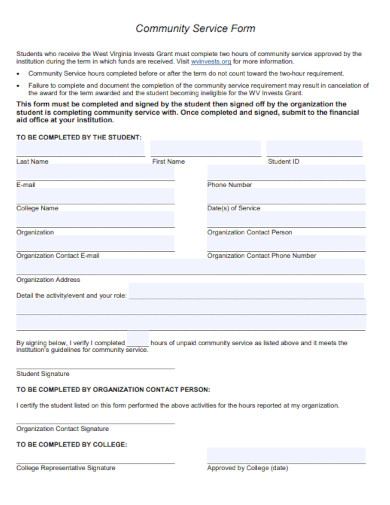
Fillable Community Service Form
download now -
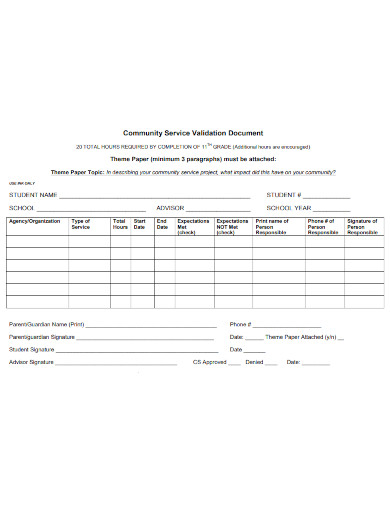
Community Service Validation Form
download now -
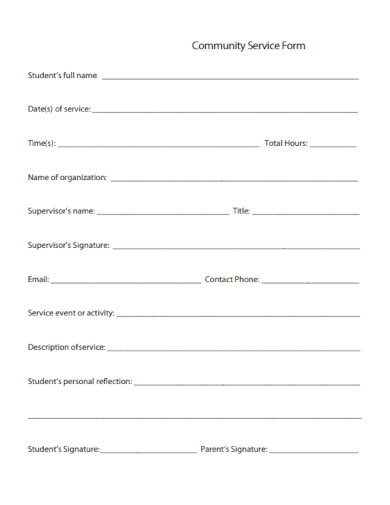
Community Service Form Document
download now -
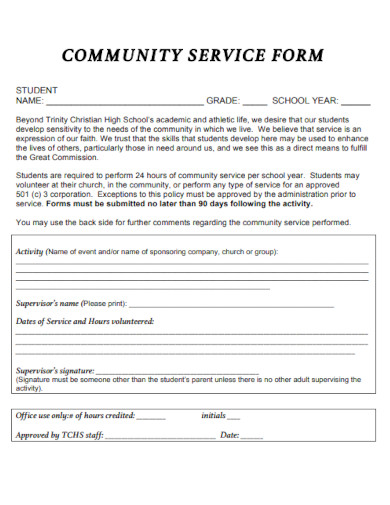
Academic Community Service Form
download now
FREE Community Service Form s to Download
26+ Community Service Form
What Is a Community Service?
Benefits of Community Service
Traits of Positive Communities
How to Volunteer in a Community Service
FAQs
What is the importance of community engagement as a student?
Why is it important to render community service through community immersion?
How do you define community engagement?
What Is a Community Service?
Community service is labor performed by an individual or group to benefit others. It is frequently performed close to your residence, so your community benefits from your efforts. Volunteers are sometimes provided with food and modest gifts, such as a T-shirt, but they are not compensated for their efforts. It can benefit any disadvantaged group, including children, older people, persons with disabilities, and English language learners. It can also assist animals, such as those in a shelter, and improve places, such as a local park, historic structure, or scenic area. Typically, community service is organized by a local group, such as a church, school, or nonprofit organization. Also, you can initiate your community service initiatives. Some pupils must complete community service as part of a high school graduation or membership requirement. Adults can participate in community service to help others or if a magistrate orders them.
Benefits of Community Service
Volunteering is not merely a school requirement. The benefits of community service extend beyond the required number of hours. From the individuals you meet to the locations you visit, this experience is unlike any other. Whether you are a senior in high school or a freshman, now is an excellent time to attempt something new. Discover why community service could become your newfound passion by reading on.
Traits of Positive Communities
Humans are designed to live and work in communities where we can flourish. We are social creatures that have developed to live in groups. The level of participation and enjoyment that residents can derive from interactions determines a community’s quality. Unfortunately, some groups actively encourage feelings of isolation and self-doubt. Although the things that supportive communities support may vary, eleven traits typically characterize a thriving community.
1. Common Goals
Generally, effective communities share comparable values and beliefs. Depending on the group’s character, these can motivate its members to accomplish mutually shared objectives. For instance, a district may prioritize environmental goals such as promoting recycling and enhancing forest habitats for wildlife. In contrast, a different community may emphasize an efficient education system and thus strive to influence education policy brief.
2. Freedom of Expression
Comfort in voicing one’s mind and expressing what is significant to oneself is essential to developing a positive community among its members. Individuals who feel encouraged to provide input on an issue and are heard when they do so are more likely to experience a sense of community connection. Also, thriving communities recognize the value of divergent perspectives and are open to hearing them. At best, communities with such dynamics may overlook opportunities to improve their practices and increase the satisfaction of their members as a result of their participation. In the worst case, they may injure their members by isolating them from diverse perspectives or exercising excessive control.
3. Respond Thoughtfully to Member Concerns
Not only is it essential to establish a community that encourages the expression of concerns, but it’s also essential to ensure that members feel their concerns have been adequately addressed. Positive communities prioritize the well-being of their members and respond to situations in a timely and considerate manner. This requires community leaders to take the time to attend attentively to any concerns raised and to, assess risks and conduct further investigation report as necessary.
4. Establish Lucid Policies and Obligations
Robust and long-lasting communities typically establish distinct rules and expectations to govern the behavior of their members. As a result, there will be minimal ambiguity regarding what is and is not acceptable, and fewer misunderstandings will occur. Depending on the nature of the community, it may be advantageous to establish a code of conduct that explicitly connects a community’s mission, values, and principles to expected behavior. Then, this code can assist community members in behaving ethically, fulfilling their obligations, and making day-to-day decisions.
How to Volunteer in a Community Service
Volunteering is an excellent method to become involved in your community and make a positive impact. Volunteer work can also appear impressive on a work resume and help you stand out from other applicants. Discovering volunteer opportunities that align with your schedule and passions is essential. Here are the measures you can take to become a community volunteer:
1. Determine Which Initiatives You Support
You may be more likely to appreciate the experience if you decide to volunteer for a group or subject you are enthusiastic about. Before starting a volunteer position, take some time to consider what matters to you most. For instance, you might appreciate volunteering at a special needs center if you are enthusiastic about the rights of people with disabilities. You are more likely to locate a volunteer position that is ideal for you the more detailed you can be about your passions and interests. For a lot of volunteer positions, some qualifications are required. For instance, a volunteer administrative position in an animal shelter will need prior experience. Examine your existing skill set to determine if there are any roles you could volunteer for. Most organizations also offer entry-level positions that educate you on the fundamentals, mainly if it’s a long-term position.
2. Create a Volunteer Resume
Creating a volunteer resume that details your prior experience as a volunteer and your skills and interests can be an asset when used for positions. A professional resume enables the organization to swiftly assess your qualifications and find the most suitable volunteer position. Also, indicate how many hours and days per week or month you can devote to the work. For instance, you may only wish to volunteer on weekends if you have a full-time job during regular business hours. You should volunteer more frequently if you are a parent who stays at home. By being honest about your availability, you can avoid overcommitting yourself when volunteering.
3. Research Community Volunteer Opportunities
Once you have determined your interests and availability, you can search for community opportunities. Ask your family and acquaintances about any volunteer opportunities that match your preferences. If you need help locating a chance you’re interested in with the typical nonprofits, you should look elsewhere. Consider contacting a secondary school or college representative to inquire about available positions. Utilizing a volunteer website is an additional effective method for locating volunteer opportunities in your community. These websites enable you to enter your skills development plan, preferences, and availability and match you with opportunities in your area.
4. Obtain the Necessary Information for the Volunteer Position
Before applying for a volunteer position, ensure that you thoroughly understand all relevant details. Learn about your duties, the level of commitment required, and any training requirements. You will be better prepared for the position if you have more knowledge. Some volunteer positions require an application. Even though these are typically less stringent than job applications, you should still consider them as if they were for professional work. Take the time to ensure appropriate grammar and spelling, and if requested, provide references. You may need to prepare for an interview if the position requires leading others or managing sensitive requests for information.
5. Follow-up after applying
If you have yet to hear back from the organization two or three days after applying for a volunteer position, follow up. Since many nonprofit organizations are busy and have limited resources, responding to volunteer position inquiries can take longer. Follow-up ensures that your volunteer application was received and demonstrates your enthusiasm. After securing a volunteer position, complete any necessary training. Before beginning volunteer work, some organizations require certification or completion of a training course.
6. Start With a Modest Investment
When you begin, arrange your sample schedule one to two months in advance. Determine if you appreciate the position and organization before committing fully. Once you have determined to continue volunteering in this capacity, consider contributing more time to the organization. Also, treat your volunteer work as you would a paid position. Volunteer work requires punctuality, punctual completion of obligations, and professionalism. Nonprofit organizations rely heavily on volunteers to perform various tasks list, so demonstrating dependability and professionalism benefits the organization.
FAQs
What is the importance of community engagement as a student?
Students build a more adaptable skill set through engaging in experiential and community-based learning, better preparing them for post-graduation. By pushing students to use what they have learned in class in a real-world situation, this strategy also fosters a stronger connection to the material covered in the course.
Why is it important to render community service through community immersion?
People unfamiliar with the locals and the community they will be working in might immerse themselves in it through community immersion. They can use this to examine their presumptions, attitudes, and professional knowledge base while developing cultural competency.
How do you define community engagement?
Engaging with the community-based stakeholders of an organization requires a deliberate strategy. This entails establishing connections, creating communication channels, and controlling interactions between the organization and the community.
There are numerous advantages to volunteering and giving back to the community. There is no greater satisfaction than knowing you are assisting those in need or working to make your community better for everyone. We trust this essay has motivated you to get out there and begin!
